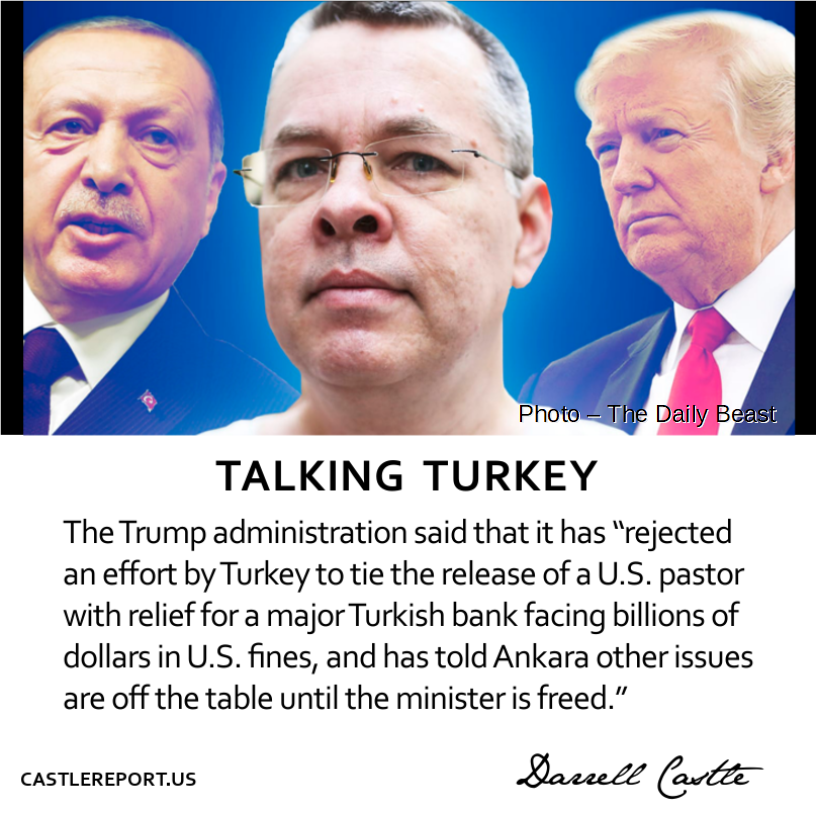
Talking Turkey
Podcast: Download
Darrell Castle talks about Turkey, especially its arrest of Pastor Andrew Brunson, as well as U.S. sanctions on that country and the resulting Turkish economic troubles.
Transcription / Notes
TALKING TURKEY
Hello, this is Darrell Castle with today’s Castle Report. Today is Friday, August 24, 2018, and on this report I will be talking about Turkey. Not the kind of turkey you might have for Thanksgiving or Christmas but the kind that is a country located on the northern border of Syria in the Middle East. The kind that is so strategically located that it controls Russian access to its only entrance to the Mediterranean. You may have heard that the United States is having some problems with Turkey right now and, in fact, has recently placed some economic sanctions on that country and some of its leaders individually. In addition, there have been disagreements over the roles of Turkey and the United States in Syria, which inspired Secretary of State Mike Pompeo to go to Turkey in June of this year and work out a deal with his Turkish counterpart to avoid conflict there.
Most, or all, of the problems could have probably been resolved except for one thing, and that thing is Pastor Andrew Brunson. Pastor Brunson has lived and worked in Turkey for 23 years but one month before the 2016 elections, he was taken into custody by Turkish authorities. Mr. Brunson, an Evangelical Presbyterian pastor, was called to a local police station in the town of Izmir for what he assumed was a routine police procedure to renew his Turkish visa.
After being told he was to be deported within 15 days, he was held incognito for a week. He was denied access to his lawyer, who said that he was told Mr. Brunson had refused counsel. He was denied access to the U.S. consulate, which is a violation of the Vienna Convention on Consular Relations, as well as a time-honored international agreement.
For a year and a half he was held without being charged with a crime. In March 2018, he was charged with support for a terrorist group and with espionage. He was confined to his cell 24 hours a day in conditions one might expect in a Turkish prison. Finally, in July he was released to house arrest. His Turkish lawyer said he was arrested because he practices the Christian faith. His being the pastor of a small Evangelical Presbyterian church with 25 members was classified as “aiding a terrorist organization.”
The Trump administration has taken the position that he was arrested and put through a sham trial because of his religious faith. Vice President Mike Pence said that publicly in a speech last July. This incident with Pastor Brunson demonstrates the turn Turkey has taken under the leadership of Recep Erdogan toward radical Islam, and away from Turkey’s long relationship with the U.S. and its allies.
Erdogan rose to power democratically in 2002 but quickly began the process of transforming Turkey into a radical Islamic State. Step-by-step he assumed lifetime dictatorial powers aligning Turkey with the terrorist organizations Hamas and the Islamic State. He has been very friendly with Iran, resisting U.S. sanctions on Iran at every turn. He conducts military exercises with the Chinese and has purchased Russian S-400 antiaircraft missile systems. Since Turkey is a NATO member, he is able to provide the enemies of NATO with information on how to defeat U.S. anti-air defense systems.
U.S. administrations before the Trump administration have tried to ignore the growing problems because, I would guess, of Turkey’s strategic geopolitical importance. The United States has an airbase at Incirlik, Turkey, which U.S. and NATO forces have used to project power into the Middle East and around the world. The U.S. reportedly, and ominously, has about 50 nuclear weapons stored at Incirlik. Turkey is the gateway to both Asia and Europe, serving as a passage between the two and also serving as Russia’s outlet to the Mediterranean. If that were all, it would be plenty, but Mr. Erdogan also openly says he wants to restore the Ottoman Empire, which was destroyed by the victorious allies at the end of World War I. In addition, he openly calls for the destruction of Israel.
The Turkish economy has suffered of late, and the U.S. sanctions have pressured it even more. It’s reported that he gets 50% of the support he needs to stay in power by proclaiming hatred of Israel while at the same time being one of Israel’s most important trading partners.
Turkey has a lot of debt and it has been selling U.S. treasuries in order to pay it. Turkish holdings of U.S. debt have recently fallen by 50% to below the 30 billion dollar threshold considered necessary to be a major holder. Russia has also sold most of its U.S. debt recently falling below the threshold. The question becomes then, if people are selling who is buying? The answer seems to be countries you might never suspect to be large holders of U.S. treasuries, countries like the Cayman Islands and Luxembourg. Why would those countries want U.S. debt and where would the money come from to buy it in large quantities?
I suspect, as you might, that those countries, being well-known bank secrecy countries, are acting as shells, for off shore buyers. Who would that be, perhaps the Central Banks of the world, especially the Federal Reserve? You mean the Federal Reserve is buying its own debt; I don’t know that, but it makes sense. You can find this information, except for my speculation, by going to the website of the U.S. Treasury Department or to the St. Louis Federal Reserve Bank’s site.
The fear is that this shaky debt situation in Turkey will spread to other markets. Turkey, and apparently even individuals in Turkey, have a lot of big debts they are having trouble paying so they seek bank loans to pay the bank loans they can’t pay. We learned in 2007-2008 that the world’s debt markets are connected like a giant spider web. With Turkish debt denominated mainly in U.S. dollars and Euros, much of it is held by financial institutions in the U.S. and Europe. That sounds very familiar doesn’t it? Possibly, if these institutions, take a big hit from Turkey, they will be forced to sell other positions to make up the losses.
In the meantime, Turkey, a relatively small player on the world economic scene, looks for ways to hurt the giants. One move announced recently, is to increase tariffs on U.S. products, specifically cars, alcohol, and coal. Double tariffs on cars to 120% and 140% on alcohol drinks, which amounts to $533 million a reportedly small sum. The move is intended to counter President Trump’s announcement that tariffs on Turkish steel and aluminum will be doubled.
The Turkish currency has been badly damaged by all this as the lira has dropped to record lows down 37% this year. To put that in perspective, how would you like for all your dollars to buy only 63 cents worth of stuff in less than 8 months. Turkey is looking around the world for partners to help and Qatar is coming to the rescue, with $15 billion of investment. Both countries have been on the outs with their traditional allies recently.
Erdogan is trying to win friends in Europe by releasing several Europeans held on terrorism charges. He will do whatever seems necessary, except the extremely humiliating thing he must do to save his economy, and that is release a completely innocent man, Andrew Brunson. He has hinted, according to the Wall Street Journal that, for the right sum of money, he might consider releasing Pastor Brunson but President Trump has said that we will not pay money for the release of this innocent man. The Trump administration said that it has “rejected an effort by Turkey to tie the release of a U.S. pastor with relief for a major Turkish bank facing billions of dollars in U.S. fines, and has told Ankara other issues are off the table until the minister is freed.”
The administration insists that Pastor Brunson must be released unconditionally. “A real NATO ally wouldn’t have arrested Brunson in the first place.” Right now, it seems to be a war of words as negotiations continue on the very important economic issues that divide the two countries. Let’s hope it remains only words so the matter can be resolved. If Erdogan could find some pretense for releasing Pastor Brunson, then I’m certain Turkey’s economic troubles would be lessened.
Finally folks, pray for Pastor Andrew Brunson, that he will be quickly released and this matter resolved peacefully.
At least that’s the way I see it,
Until next time folks,
This is Darrell Castle,
Thanks for listening.
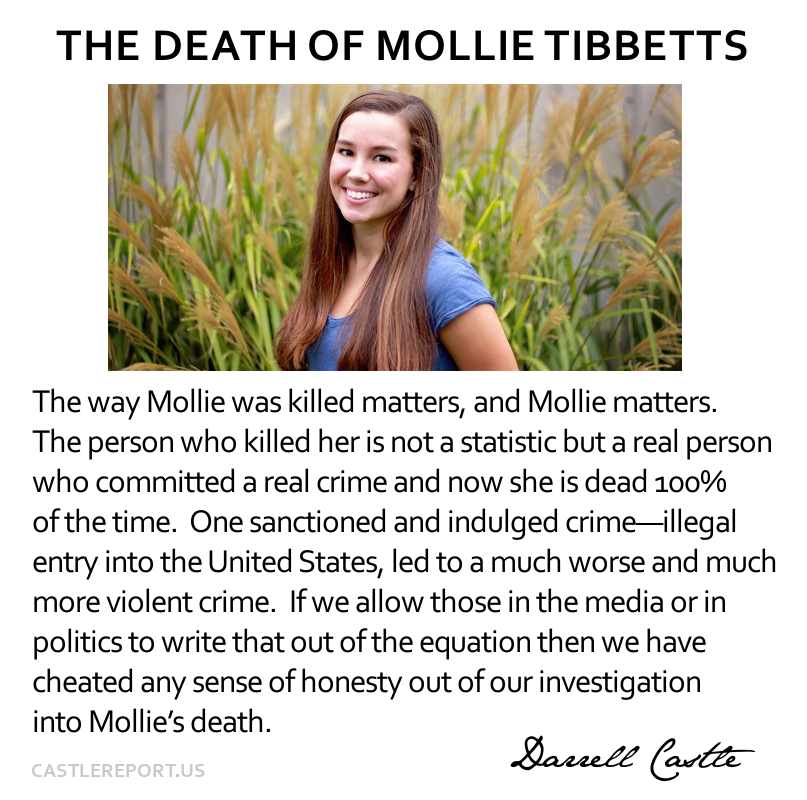
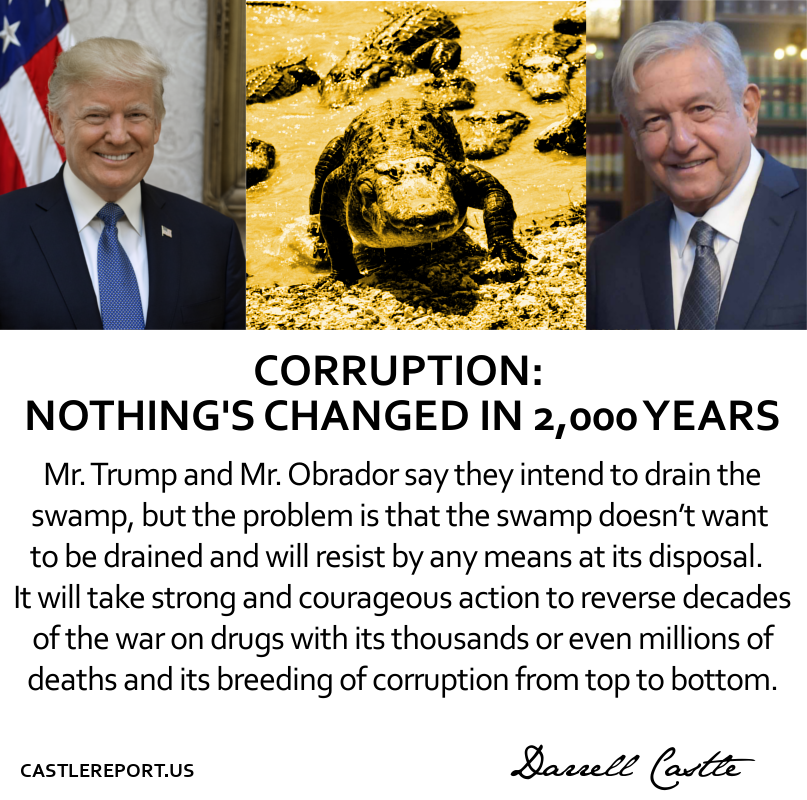

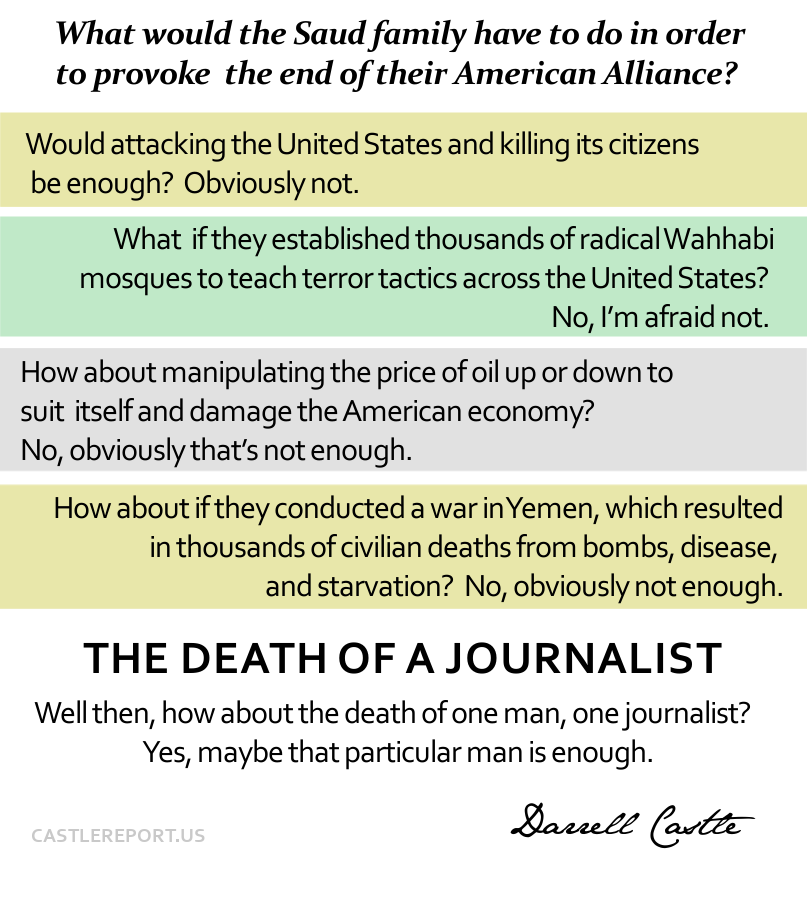
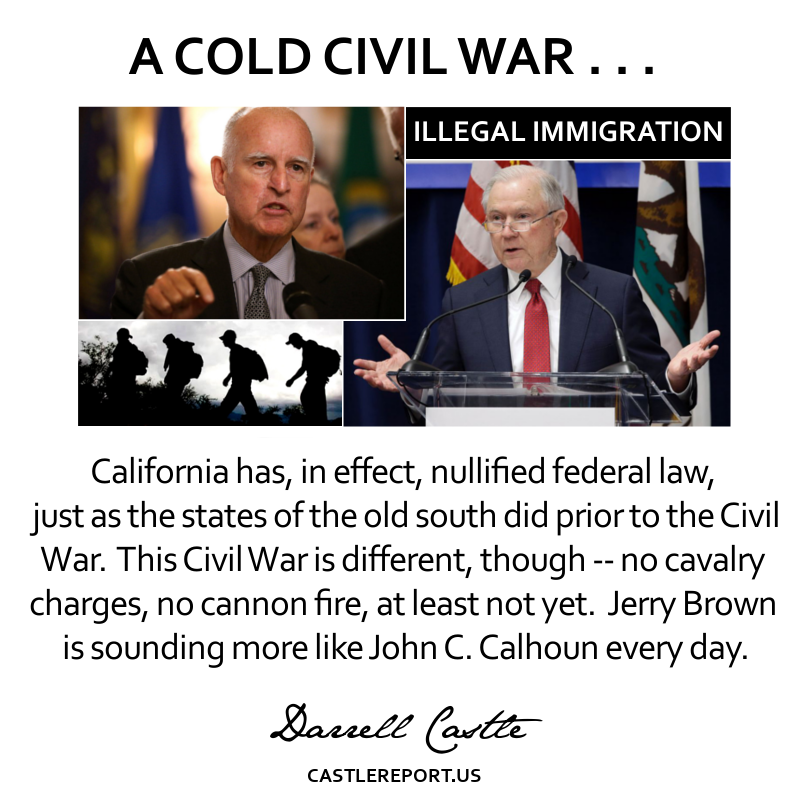
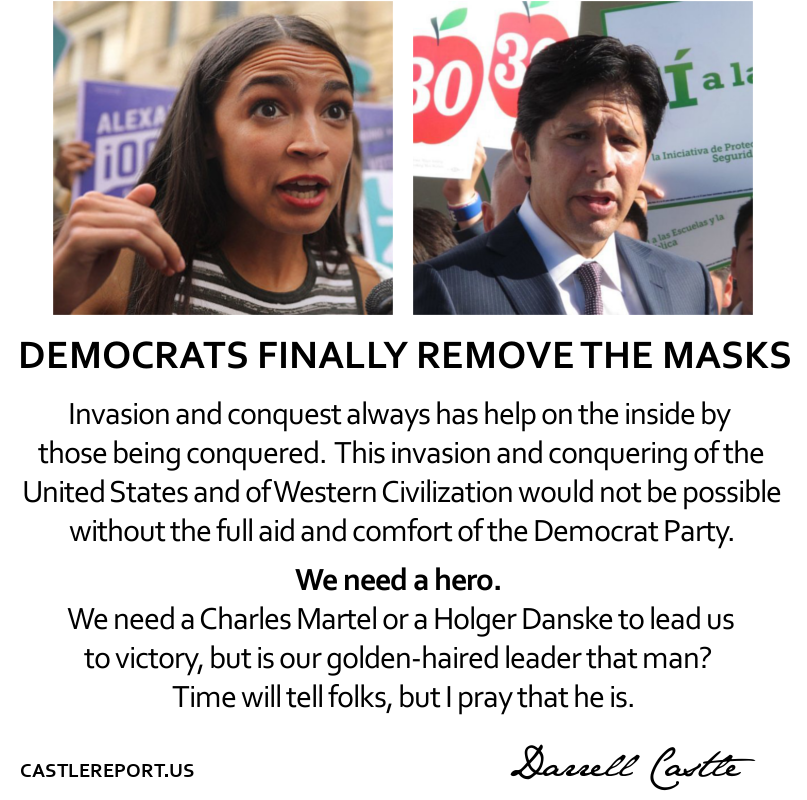
One Comment
JONATHAN TAUB
i have heard about nukes in turkey was wondering whose administration thought that would be a good idea?…and having the russian anti air systems with the latest western aircraft to test them on is a wonderful idea too…I would think that the nukes are fitted with some devices that if they are moved without authorization would render them inert or possibly just explode without nuclear reaction….I wonder how our nato allies feel about this?…never hear it mentioned